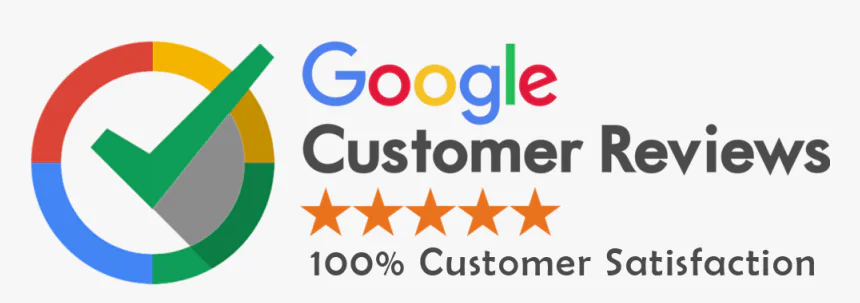Running a small business? You probably know by now how important a website is. These days, customers don’t search the Yellow Pages—they go straight to Google. If your business isn’t online, many people might not even know it exists.
But creating a website isn’t just about having a page on the internet. It’s about building something that works for your business and your customers. In this guide, we’ll go over the biggest issues small businesses face with website development—and how you can avoid them.
Choosing the Right Web Developer
One of the first challenges is finding someone who truly understands your business needs. There are many agencies and freelancers offering web design services, but not all of them are right for you.
Look for someone who:
- Has experience with small business websites.
- Can show real examples of past work.
- Explains things in a simple way.
- Offers support even after the site goes live.
Don’t rush this decision. Your website is an investment—not just a cost.
Mobile-Friendly (Responsive) Design
More than half of internet users visit websites on their phones. If your site isn’t mobile-friendly, it could look broken or be hard to use on smaller screens.
A Responsive Design:
- Adjusts to any device (phone, tablet, desktop).
- Makes your business look professional.
- Helps with Google rankings.
Tip: Always ask your developer to test your website on mobile before launch.
Website Speed & Performance
No one likes a slow website. Users may leave if your site takes more than 3 seconds to load. Speed is also a ranking factor on search engines.
To improve speed:
- Compress images before uploading.
- Choose reliable web hosting.
- Use caching tools and performance plugins.
Fast sites keep visitors happy—and help your business grow.
Search Engine Optimization (SEO)
Just having a website isn’t enough. People need to find it. SEO helps your site appear in Google when people search for services like yours.
Key SEO points:
- Use the right keywords.
- Write helpful content (like this one).
- Add meta titles and descriptions.
- Keep updating your site regularly.
Local SEO is also important. If you’re a plumber in Abu Dhabi, your site should show up when someone types “Plumber near me.”
Security: SSL and Backups
A secure website builds trust. Make sure your site has:
- An SSL certificate (shows the padlock symbol in the address bar).
- Regular backups in case something goes wrong.
- Updated software and plugins to avoid hacks.
If you’re collecting customer info or using forms, security isn’t optional—it’s a must.
Simple Content Management System (CMS)
You shouldn’t need a developer every time you want to change a price or update a photo. That’s where a CMS comes in.
Popular CMS Options:
- WordPress: Great for blogs and service-based businesses.
- Shopify: Best for e-commerce.
- Custom CMS: If you have specific needs.
Ask your developer to set up a CMS that’s easy to use—even if you’re not tech-savvy.
Clear Calls-to-Action (CTAs)
What do you want visitors to do on your site? Call you? Fill out a form? Buy something?
Make it easy by adding clear CTAs:
- “Get a Free Quote”
- “Call Us Now”
- “Book an Appointment”
A website without CTAs is like a shop with no cashier.
Website Maintenance & Updates
Websites need regular care—just like a car. If no one is updating your site, it could:
- Get hacked.
- Show outdated info.
- Lose search rankings.
Ask your developer about monthly maintenance plans. It saves you time and trouble later.
Budget Planning for Your Website
Many small business owners worry about cost. The truth is, website prices vary based on features, size, and design.
Basic websites can start from AED 1,500 – 3,000. More advanced ones (e-commerce, booking systems, etc.) may cost more.
Be clear on:
- One-time vs. monthly costs.
- Hosting fees.
- Maintenance or SEO plans.
Invest wisely—it’s better to build a strong website once than fix a weak one later.
Real Results Matter: Ask for Proof
Before choosing any Web Design Company, ask:
- Have they worked with businesses like yours?
- Do they have client reviews or case studies?
- Can you see before-and-after examples?
Seeing real results builds trust and helps you make better decisions.
Final Thoughts
A website is more than just a digital business card. It’s your online shop, your first impression, and your 24/7 salesperson. By avoiding the common mistakes and planning with the right team, your small business website can be a strong tool for growth.
If you’re looking for a reliable team that understands small businesses and delivers results, feel free to contact us at RedSpider. Let’s build something great together.






